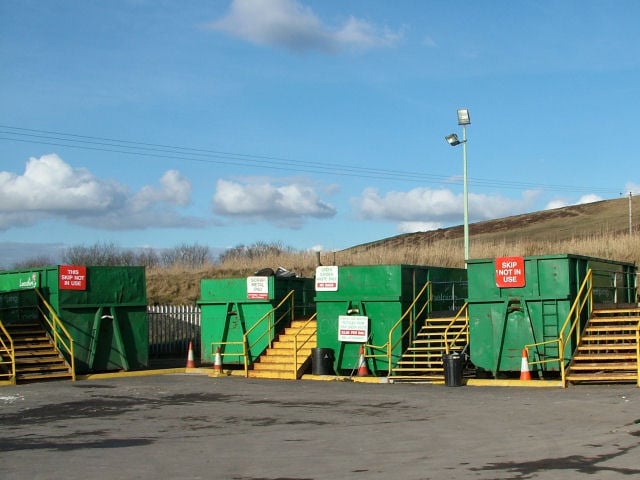It is usually local councils who determine how waste is collected and removed, however a lot depends on the policies of Westminster’s governmental hierarchy.
Since the election of the coalition government in May 2010, following the change of party from Labour to Conservative/Liberal-Democrat, we have witnessed a dramatic waste policy review in across the UK, with a particularly strong emphasis on reducing, repairing, reusing and recycling our waste. This review draws upon all kinds of waste including municipal and is being led by the Department for Environment, Food and Rural Affairs.
We generate about 177 million tonnes of waste every year in England alone, creating an increasing need for refuse collection, particularly junk collection in London. And so the government want to move towards a ‘zero waste economy’. This doesn’t mean that no waste exists – it’s a society where resources are fully valued, financially and environmentally. Therefore reducing environmental impacts and improving junk clearance, especially in London. The waste prevention programme for England plans to do this in 4 main ways:
- Encourage businesses to contribute to a more sustainable economy by building waste reduction into design, offering alternative business models and delivering new and improved products and service.
- Encourage a culture of valuing resources by making it easier for people and businesses to find out how to reduce their waste, to use products for longer, repair broken items, and enable reuse of items by others.
- Help businesses recognise and act upon potential savings through better resource efficiency and preventing waste, to realise opportunities for growth.
- Help businesses recognise and act upon potential savings through better resource efficiency and preventing waste, to realise opportunities for growth.
There is a very similar progressive move towards a ‘zero waste economy’ in Scotland and Wales also, both of which published their revised long-term strategy towards this goal in June 2010.
The Scottish government set themselves the ambitious target of 70% recycling, with a maximum of 5% sent to landfill, by 2025. And this plan includes landfill bans for specific waste types, separate collections of waste such as food, restrictions on energy-from-waste feedstock and measures to cut the carbon impact of waste.
The Welsh assembly government set out in its June 2010 framework the growing need for resource efficiency and pledged to improve it form now to 2050. Undertaken measures in the strategy include waste prevention, the separate collection of food waste and kerbside sorting for dry recyclables. Wales became the only part of the UK to set statutory waste and recycling targets in December 2010, by passing the Waste (Wales) Measure, therefore promoting realistic environmental efficiency using wise rubbish collection. The WAG truly backed themselves in this initiative in saying, under law, every local authority in Wales must meet a 52% recycling target in 2012-2013, rising gradually to 70% by 2025 or face fines.
Northern Ireland to have adopted resource management; with the Northern Irish Department of Environment, launching ‘Towards Resource Management: The Northern Ireland Waste Management Strategy 2006 – 2020.’ Although not out rightly stating a move towards a ‘zero waste economy’ as we have seen pledged in other parts of the UK, the Waste Management Strategy highlights the need to increase waste recycling and recovery in a number of ways that include recycling targets, awareness campaigns and the possible introduction of incentive schemes.
Therefore, with such ambitious and revolutionary successes in recycling, junk collection and waste management across all parts of the UK, we are hopefully soon to see a drastically more sustainable economy through the implementation of ‘zero waste’ plans and a strong and ever-growing reuse, reduce, recycle ethos.







